Agriculture research is crucial for driving progress in the agricultural sector, ensuring food security, and promoting sustainable farming practices. In India, where agriculture forms the backbone of the economy and provides livelihood to a significant portion of the population, research plays a pivotal role in addressing challenges and advancing the sector. This article explores the landscape of agriculture research in India, highlighting key areas of focus, major institutions, recent advancements, and future prospects.
Key Areas of Agriculture Research in India
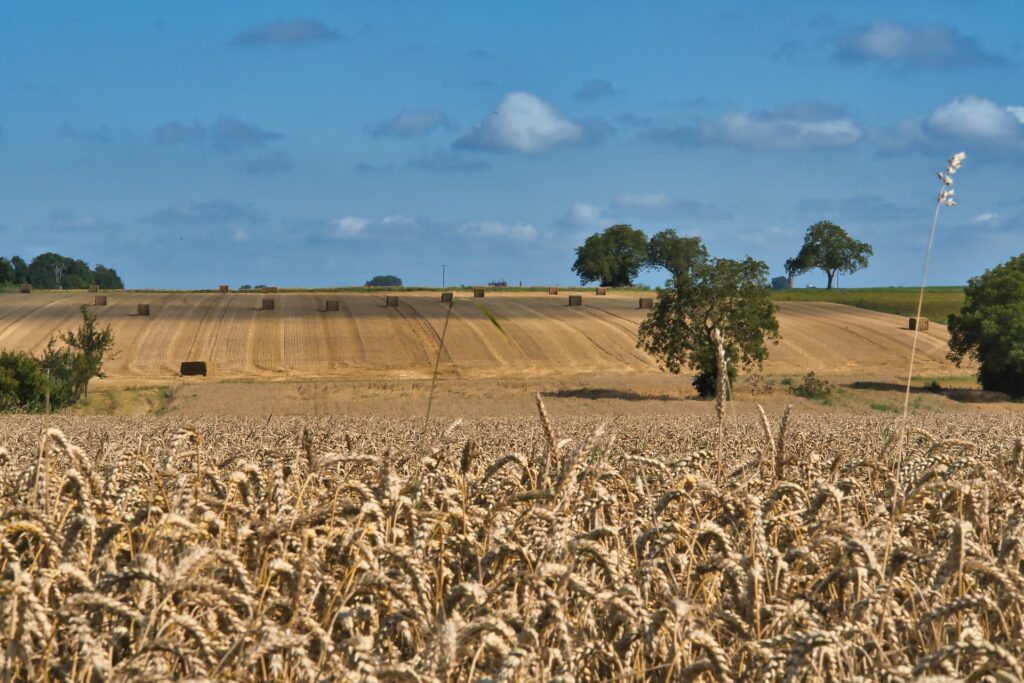
Crop Improvement and Breeding
Crop improvement and breeding are central to agriculture research, aiming to develop new crop varieties with enhanced traits such as higher yields, improved nutritional quality, and resistance to pests, diseases, and environmental stresses. Research in this area includes:
Genetic Enhancement: Utilizing conventional breeding methods and biotechnological tools to develop high-yielding and climate-resilient crop varieties. For instance, the development of Bt cotton in India, which incorporates a gene from Bacillus thuringiensis for pest resistance, has significantly improved cotton yields and reduced pesticide use.
Molecular Breeding: Applying molecular markers and genetic mapping to accelerate the breeding process and develop crops with specific traits. This approach helps in identifying desirable genes and incorporating them into new crop varieties more efficiently.
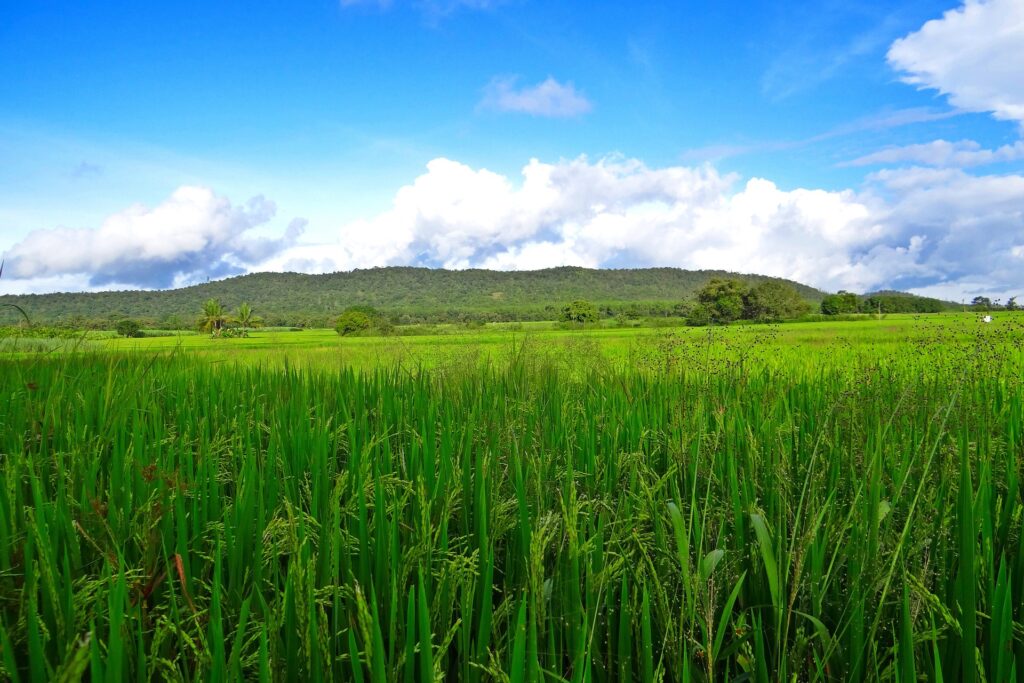
Soil Health and Fertility
Soil health is fundamental to sustainable agriculture, and research in this area focuses on improving soil fertility, managing soil nutrients, and promoting sustainable soil management practices. Key research areas include:
Soil Testing and Management: Developing methods for accurate soil testing and recommendations for nutrient management. The Soil Health Card Scheme, which provides farmers with information on soil health and recommendations for improving soil fertility, is an example of research-driven initiatives.
Organic and Green Manures: Researching the use of organic and green manures to enhance soil fertility and structure. This includes studying the benefits of compost, biochar, and cover crops in maintaining soil health.
Water Management and Irrigation
Effective water management is critical for optimizing agricultural productivity, especially in water-scarce regions. Research in this area focuses on:
Water-Use Efficiency: Developing techniques and technologies to improve water-use efficiency, such as drip irrigation, rainwater harvesting, and soil moisture conservation methods.
Drought-Resistant Crops: Researching and developing crop varieties that are tolerant to drought and water stress. This includes studying physiological and genetic traits that enhance crop resilience to water shortages.

Pest and Disease Management
Managing pests and diseases is essential for protecting crops and ensuring food security. Research in this area includes:
Integrated Pest Management (IPM): Developing IPM strategies that combine biological, chemical, and cultural methods to control pests and diseases in an environmentally sustainable manner.
Biopesticides: Researching natural and biopesticides to control pests and reduce reliance on chemical pesticides. Biopesticides derived from microorganisms, plants, or insects offer eco-friendly alternatives.
Climate Change Adaptation
Climate change poses significant challenges to agriculture, and research is focused on developing strategies to adapt to changing climatic conditions. Key areas include:
Climate-Resilient Varieties: Developing crop varieties that can withstand extreme weather conditions such as droughts, floods, and temperature fluctuations.
Climate-Smart Agriculture: Researching practices that enhance agricultural productivity while reducing greenhouse gas emissions and improving carbon sequestration. This includes studying agroforestry, conservation tillage, and precision agriculture.
Agricultural Economics and Policy
Agricultural economics and policy research focuses on understanding the economic aspects of farming and formulating policies that support agricultural development. Key research areas include:
Farm Income and Livelihoods: Analyzing factors affecting farm incomes, livelihoods, and the impact of agricultural policies on farmers’ well-being.
Market Dynamics and Policy Impact: Studying market trends, price fluctuations, and the impact of agricultural policies on production, trade, and food security.
Major Institutions and Initiatives
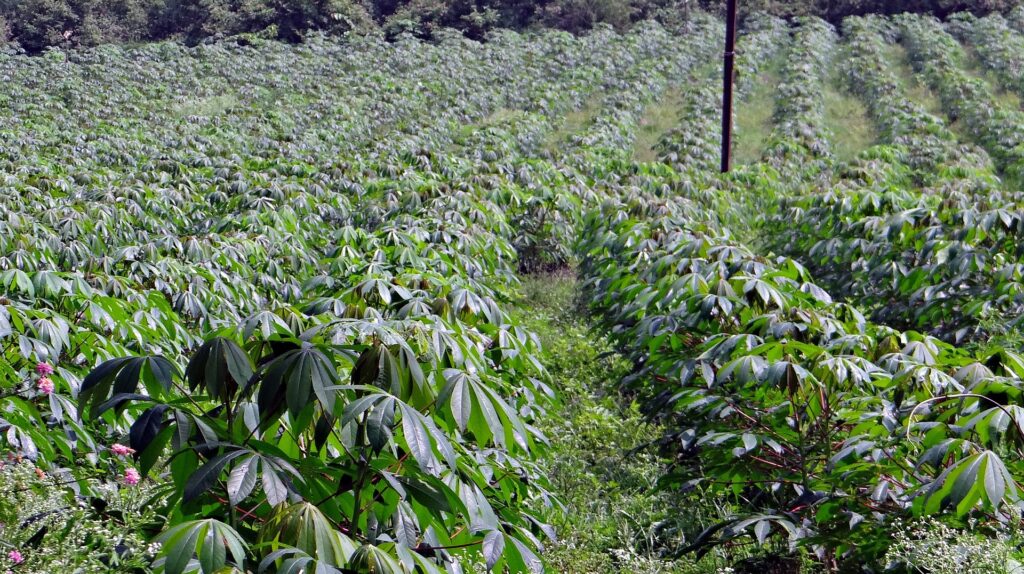
Indian Council of Agricultural Research (ICAR)
ICAR is the apex body responsible for coordinating and promoting agricultural research in India. It oversees a network of research institutes and agricultural universities across the country, focusing on various aspects of agriculture, including crop improvement, soil health, water management, and pest control. ICAR’s research efforts are aimed at addressing national agricultural challenges and promoting sustainable development.
Agricultural Universities
India has several agricultural universities that play a crucial role in agricultural research and education. Notable institutions include:
- Punjab Agricultural University (PAU)
- Tamil Nadu Agricultural University (TNAU)
- Maharashtra Agricultural University (MAU)
- Indian Agricultural Research Institute (IARI)
These universities conduct research in diverse areas of agriculture, train future agricultural scientists, and collaborate with ICAR and other institutions to advance agricultural practices.
National Agricultural Innovation Project (NAIP)
The NAIP, funded by the World Bank, aims to promote agricultural innovation and enhance the productivity and competitiveness of Indian agriculture. The project focuses on strengthening research infrastructure, promoting public-private partnerships, and supporting innovative research initiatives in agriculture.
Public-Private Partnerships
Collaborations between public research institutions and private companies have become increasingly important in driving agricultural innovation. These partnerships facilitate the transfer of technology, accelerate the commercialization of research outcomes, and promote the adoption of new technologies by farmers.
Recent Advancements in Agriculture Research
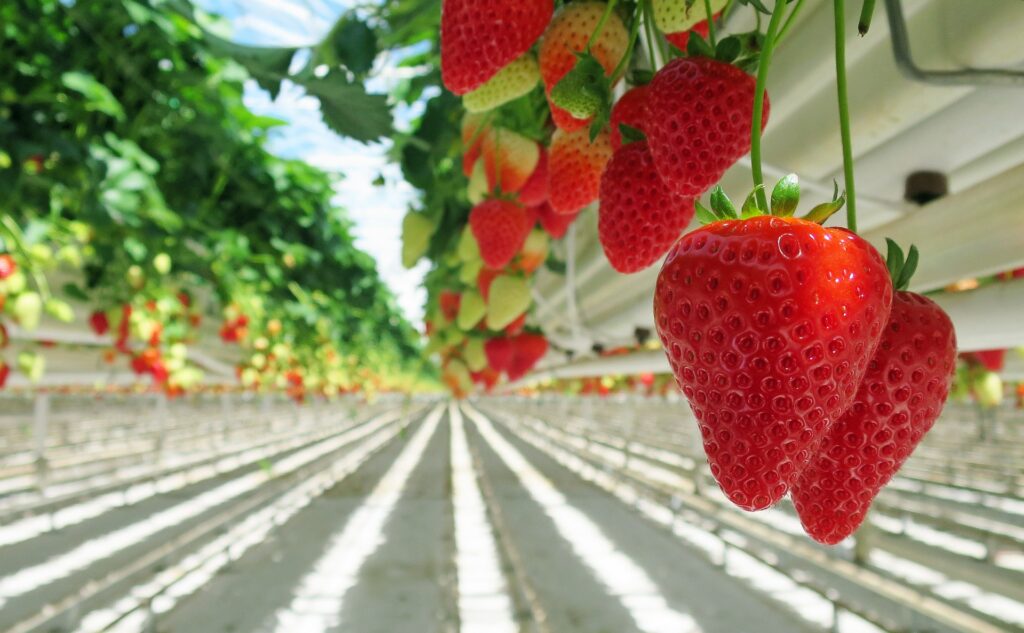
Development of Drought-Tolerant Crops
Recent research has led to the development of drought-tolerant crop varieties, such as drought-resistant wheat and rice, which can maintain productivity under water-scarce conditions. These advancements are crucial for ensuring food security in regions prone to drought.
Precision Agriculture Technologies
The adoption of precision agriculture technologies, including remote sensing, drones, and data analytics, has revolutionized farm management. These technologies enable farmers to monitor crop health, optimize resource use, and make data-driven decisions to improve productivity.
Biofortification of Crops
Biofortification research has resulted in the development of crop varieties with enhanced nutritional content, such as iron-rich beans and zinc-enriched wheat. This research aims to address micronutrient deficiencies and improve the nutritional quality of staple foods.
Sustainable Farming Practices
Research into sustainable farming practices, such as conservation tillage, cover cropping, and agroecology, has provided farmers with strategies to improve soil health, reduce environmental impact, and enhance long-term productivity.
Future Prospects and Challenges

Integration of Genomics and Biotechnology
The integration of genomics and biotechnology with traditional breeding methods holds great potential for developing new crop varieties with improved traits. Advances in genomic technologies, such as CRISPR and genome editing, will likely play a significant role in future research efforts.
Scaling Up Innovations
Translating research outcomes into practical solutions for farmers remains a challenge. Efforts to scale up successful innovations and ensure their widespread adoption are crucial for maximizing the impact of research on agricultural productivity and sustainability.
Addressing Climate Change
Ongoing research must address the challenges posed by climate change and develop strategies to mitigate its impact on agriculture. This includes researching climate-resilient crops, adaptive farming practices, and effective climate-smart technologies.
Strengthening Research Capacity
Enhancing research infrastructure, funding, and human resources is essential for advancing agricultural research in India. Investing in research capacity-building, interdisciplinary collaboration, and knowledge dissemination will support the development of innovative solutions for the agricultural sector.
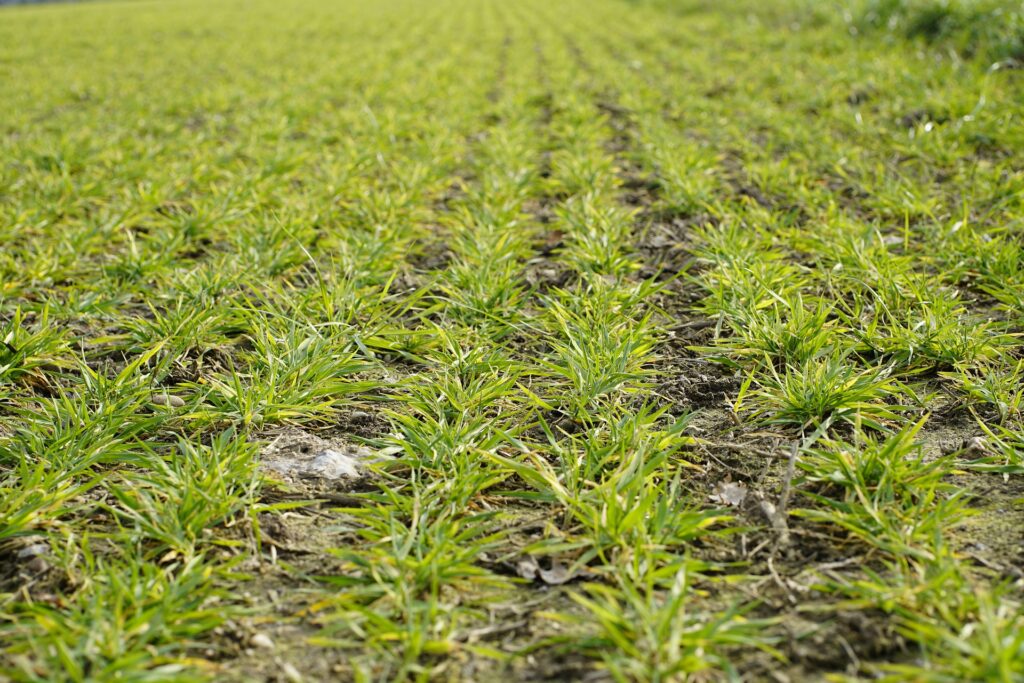
Conclusion
Agriculture research in India plays a critical role in advancing agricultural practices, ensuring food security, and promoting sustainable development. With a focus on crop improvement, soil health, water management, pest control, climate adaptation, and agricultural economics, research efforts are driving innovation and addressing key challenges in the sector.
Major institutions like ICAR, agricultural universities, and public-private partnerships are at the forefront of research, contributing to the development of new technologies and practices. As India continues to invest in agricultural research, addressing challenges such as climate change, scaling up innovations, and strengthening research capacity will be essential for achieving sustainable growth and securing the future of Indian agriculture.